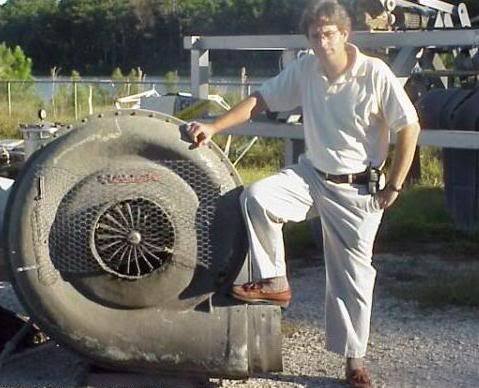Right, before you start with the bunsen burners, I have no intention of trying this. Its merely hyperthetical. Suppose you have a fully laden machine shop. The knowlege of how to use all the tools, the time, money and inclination to do it.
What would it take to make a petrol engine run using diesel fuel. Now my knowlege of petrol engines is a lot better than diesels.
To start off, technically a diesel and a petrol engine are the same. They all have cylinders, pistons and rods and a crank shaft, cams, injectors, intake and exhaust valves.
So if you were going to do it, you would need.
Different injectors?
Something to warm the fuel?
Different air fuel ratios?
Different ignition timing and components (glow plugs?)
What would it take to make a petrol engine run using diesel fuel. Now my knowlege of petrol engines is a lot better than diesels.
To start off, technically a diesel and a petrol engine are the same. They all have cylinders, pistons and rods and a crank shaft, cams, injectors, intake and exhaust valves.
So if you were going to do it, you would need.
Different injectors?
Something to warm the fuel?
Different air fuel ratios?
Different ignition timing and components (glow plugs?)




 As long as your valves are timed correctly, you are good to go. Also derv don't have a fixed air fuel ratio either...
As long as your valves are timed correctly, you are good to go. Also derv don't have a fixed air fuel ratio either...

 That's bigger than most car engines...or he is a TINY bloke.
That's bigger than most car engines...or he is a TINY bloke.